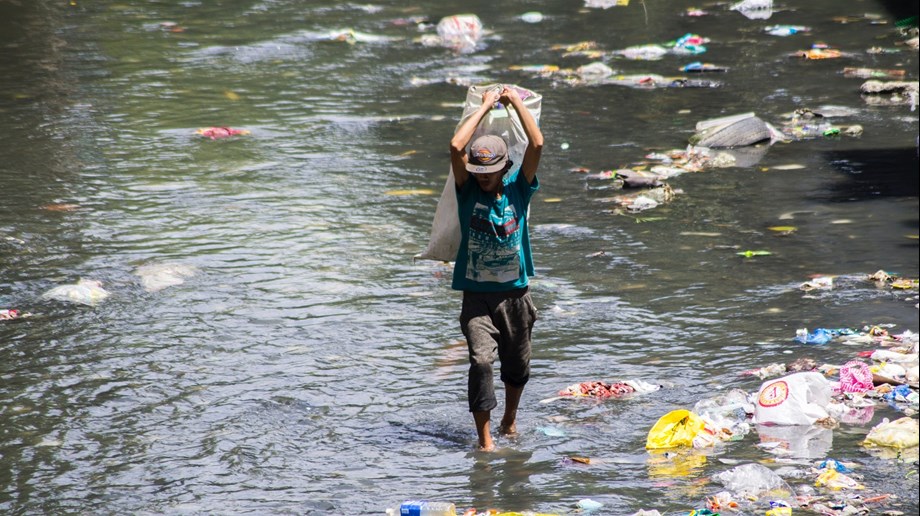The Department of Water and Sanitation has launched its annual Clear Rivers campaign to honour Mandela’s Month and has called on the public to stop water pollution by cleaning up streams, wetlands, dams, canals and all freshwater sources throughout the month.
The department spokesperson Sputnik Ratau implored the public to dedicate their 67 minutes of goodwill activities towards cleaning up water sources.
“What we ultimately aim to achieve is to foster volunteerism among communities as a proactive approach to protecting our rivers, streams, wetlands and other water ecosystems.
“Communities benefit from clean and healthy rivers as clean and fresh water assists communities in their daily activities including consumption, cooking and washing,” Ratau said.
Initiatives for the Clear Rivers campaign were being run by partners across the Western Cape, including Cape Town TV, Shoprite, Stellenbosch River Collaboration, Garden City, and EnviroServe.
“The impact hoped for, which is still work in progress, is for enhanced river/water ecosystems’ health, protection of the environment, and replenishing of the ecosystems’ fauna and flora, as well as appreciation of our water ecosystems by all South Africans as the country remains water scarce.
“The benefits of healthy rivers assists the country’s economy as different types of plants grow in and on the banks of rivers and some of the plants also provide communities with building materials such as roofing for huts and or houses,” said Ratau.
The department said the rivers most in need of clearing in the Western Cape included the Liesbeek/Black River and Jonkersberg rivers.
“Our central message is that river health impacts on and is critical for good health, the economy and social being. Let us take responsibility to keep our water ecosystems clean where we live or work, notwithstanding social standing,” said Ratau.
In compliance with the current Covid-19 restrictions, the department urged people to go out and perform all the small changes possible in their individual capacities to avoid conducting large group clean-ups.
